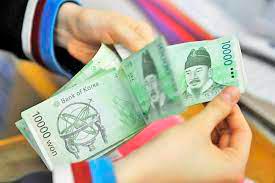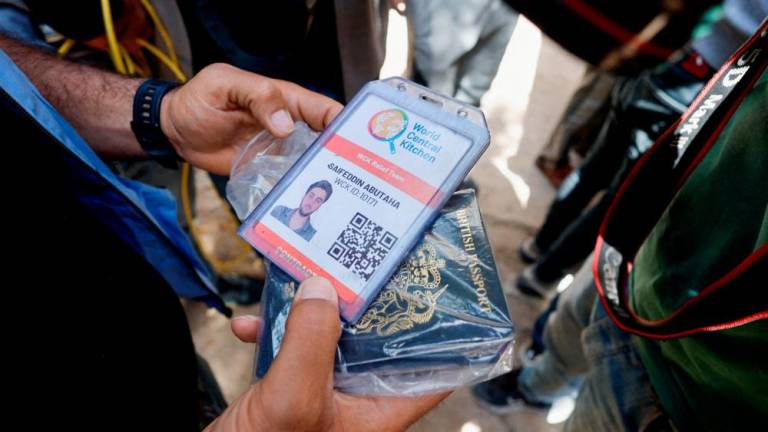SEOUL: South Korea’s consumer prices rose more than expected in June to hit the fastest pace in nearly 24 years, government data showed today.
The consumer price index (CPI) rose 6.0% in June from a year before, speeding up from a 5.4% rise in the previous month and exceeding 5.9% tipped in a Reuters poll.
It was the fastest annual rise since November 1998 and stood above the central bank's 2% target for a 15th consecutive month.
The index rose 0.6% on a monthly basis, compared with a 0.5% rise seen in the survey.
Meanwhile, separate data showed South Korea’s foreign exchange (forex) reserves shrank last month for a fourth consecutive month and by the most since the 2008 global financial crisis due in part to dollar-selling intervention to support the won.
The Bank of Korea said the country’s forex reserves, measured in US dollars, declined in June by US$9.43 billion (RM41.61 billion) to reach US$438.28 billion (RM1.93 trillion) at the end of the month.
The central bank attributed the decline to the US dollar’s strength, which cut the dollar value of assets held in other currencies, and its dollar-selling intervention to support the weakening won. It did not provide a breakdown of the figures.
The forex reserves declined by a combined US$23.49 billion during the March-June period, its data showed.
South Korea’s won fell 8.4% against the dollar for the first six months of this year, just off a near 13-year low set on June 30, due to the mix of the dollar’s spurt, a growing trade deficit and sell-off of local stocks by foreign investors.
It was the second-worst performer among major Asian currencies for the six-month period after Japan's yen, which lost some 15% of its value versus the dollar.
Foreign investors sold a net 16.51 trillion won worth of local stocks on the main board during the January-June period this year after a net 25.41 trillion won sell-off for the whole of last year, Korea Exchange data showed.
The main board's benchmark Kospi fell 21.7% for the first half of this year, far worse than a 16.8% drop in the MSCI's broadest index of Asia-Pacific shares outside Japan for the same period. – Reuters













